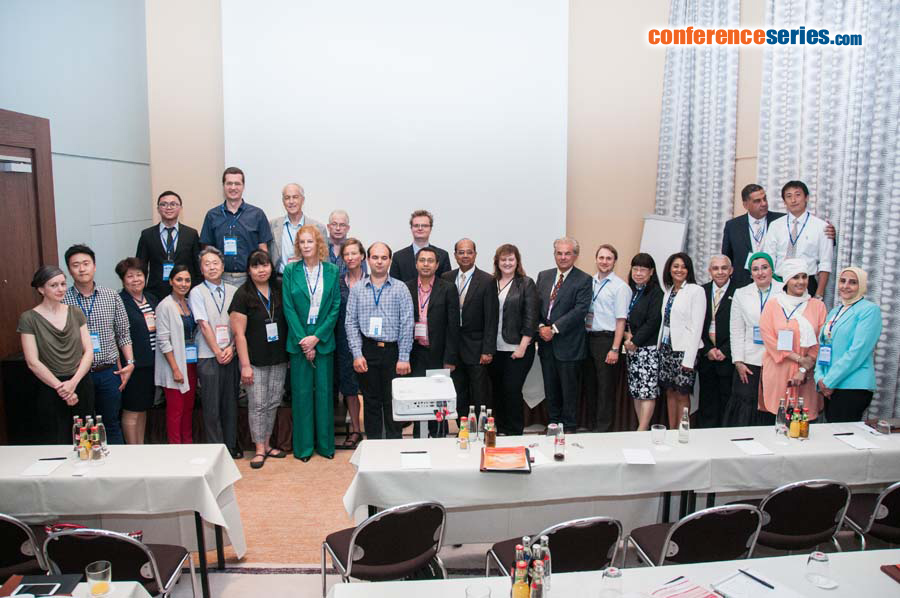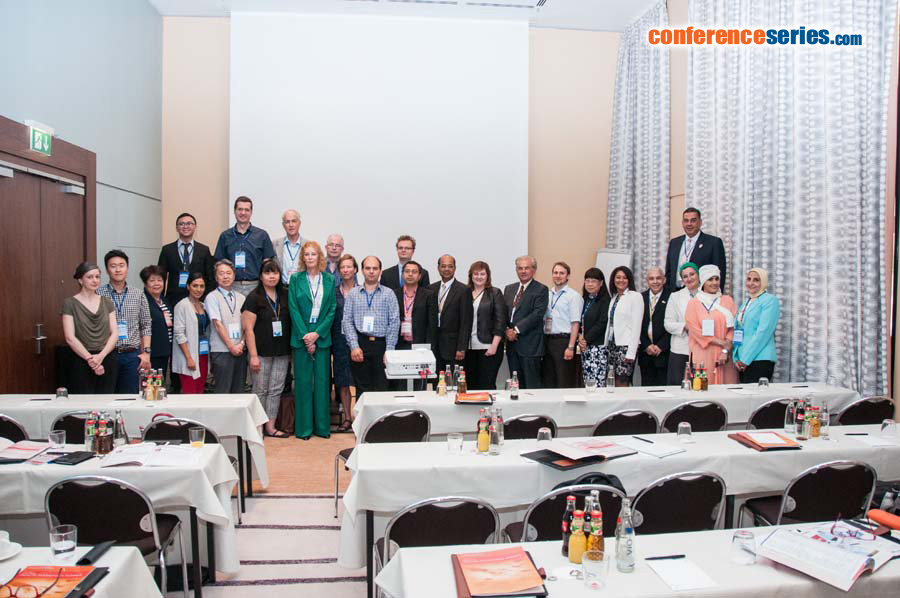
Michael Happich
Lilly Deutschland GmbH, Germany
Title: Reweighting Rct Evidence To Better Reflect Real Life – A Case Study Of The Innovation In Medicine Initiative
Biography
Biography: Michael Happich
Abstract
OBJECTIVES: Although the demonstration of improved patient and clinical outcomes within randomized controlled trials (RCTs) is widely accepted as foundational evidence of the efficacy of new treatments, concerns are frequently expressed that RCTs lack external validity. Get Real, a project under the umbrella of the Innovation in Medicine Initiative, is exploring how “real-life” clinical data can be brought in earlier in drug development. METHODS: We describe a case study that considers lung cancer the most common cancer worldwide. It investigates the generalizability of efficacy (overall survival [OS]) from the pivotal trial of pemetrexed vs gemcitabine use for the treatment of non-squamous NSCLC (Scagliotti et al 2008), using real-world data from the prospective observational FRAME study (Moro-Sibilot 2015) in a reweighting approach. Both inverse propensity scoring and entropy balancing were used to reweight RCT data based on real-world data to attempt to mirror routine clinical practice in the trial setting. RESULTS: Although OS differences between pemetrexed and gemcitabine appear more pronounced after reweighting, the reweighted analysis of the clinical trial yielded a hazard ratio (HR) closer to 1, with greater uncertainty: HR of 0.92 (95% CI: 0.60 to 1.33) compared with 0.81 (95% CI: 0.70 to 0.94) in a similar population in the clinical trial. Sensitivity analyses to both the methods of reweighting and the inclusion of baseline covariates gave broadly similar results. CONCLUSIONS: The key objective of this case study was to assess the generalizability of RCT results for the treatment of non-squamous NSCLC when projected to a real-world population. Tested reweighting efforts did not seem to invalidate findings from the original RCT.
Speaker Presentations
Speaker PPTs Click Here


